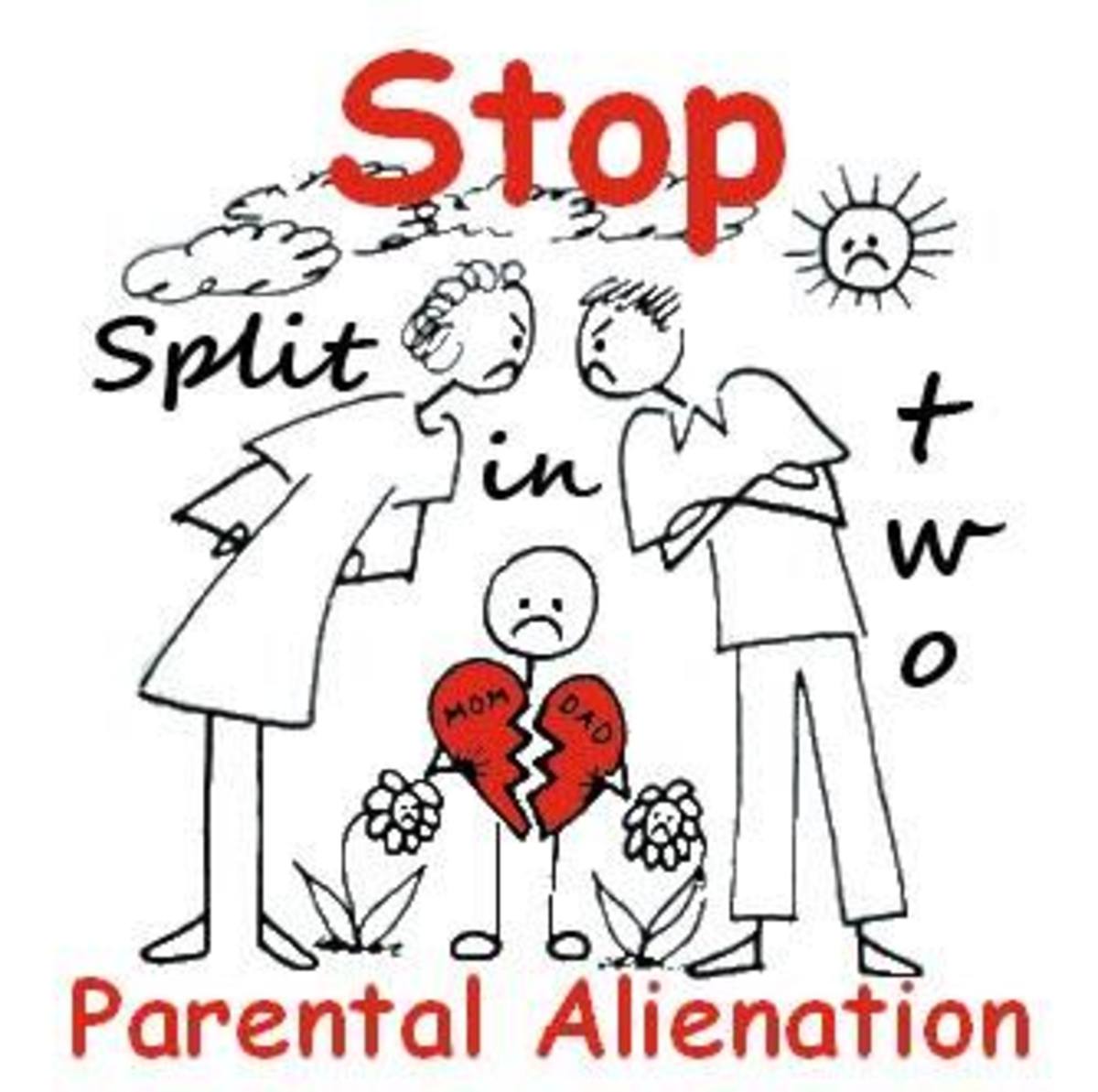EXCELLENT PARENTING & AHIMSA
First Do No Harm
Recently I saw a post advocating spanking your children on the face book page. The post said, "Child Control, Not Gun Control." The post was illustrated by a parent spanking a child. Recently several shootings have made national news in the USA. One man who owned 13 guns committed one of these terrible murders.
In Hinduism we have a philosophy (which Gandhi embraced) called Ahimsa. It means to be conscious about avoiding harm when interacting with others. Gandhi advocated non-violence in all his protests and actions concerning the British Empire. He also talked about truth force, living truth. If you want non-violent children, you must live in a non-violent way. When you use violence against your children, you are saying to your children, "Violence is the way to solve this behavior problem." You are setting a bad example for your children. I have seen parents slap up their child when the child hit a sibling on the bus. Well, the child has learned from their parents it's okay to use violence to get their way. There are a lot of violent movies out there where children can get the same message, but if they see their parents do the same thing it just makes it even more acceptable. If you want non-violent children, the you must be non-violent in your every day life. The key to excellent parenting is to set a good example. Many pandits and priests emphasize this point. If you want a kind child, then be kind to others. If you want a child who does not smoke, then refrain from smoking. A child is more impressed by what you do in your interactions with them and others than anything. Surveys of teens time and time again reveal that what the parent affects what the child does.
Developing a good relationship with your children is crucial to excellent parenting. Study after study in the social sciences show a high correlation between having a good relationship with your children and lower rates of juvenile detention. In college I obtained a B.S. in Social Work and studied Child, Adult and Adolescent Psychology as part of my course work. It has served me well in all my encounters with everyone.
When I worked as a Music Camp Counselor, I decided to give the rules to the children and explain why we had the rules by giving specific examples of what particular incidents sparked the supervisors to develop the rules in the first place. Many of the teens were unaware of the dangers of getting into a car with alcohol. Many of the girls thanked me for telling them the reasoning behind the rules. They also liked me personally because I developed a relationship with them. They said that the other counselor did not explain the rules. They never wanted to do anything bad on my watch because of the relationship I had developed with them. This is why I got child care jobs when I was in high school and college. The parents liked that I gave attention to their children. Other teens were often on the phone with their friends instead when they were hired to watch the children. By giving attention to the children I kept them occupied and out of trouble.
Developing creative and athletic interests are crucial for children. We did art, music, crafts and athletics as children. When children are occupied and successful in these kinds of activities, they are less likely to be involved with juvenile detention. The musical activities at mandirs, temples and churches are very crucial in helping the child develop as a human being.
In one study music was the focus of academic achievement. Music was added every day at one public elementary school in Minneapolis. The children in this school advanced two levels in both math and reading in one year. Music is an activity which uses the whole brain, promotes social skills and promotes language and math skills. You use all these abilities when you are musical. Our family was musical and did very well in academics.
When children do negative things to others, this is the time to talk to them about how their behavior affects others. Rules should be based on health, safety and consideration of others. They should be rational and reasonable for the child's age group. More is expected of a ten year old then a six year old child because the older child has had more life experiences and is generally more mature. Before the age of six, it may be difficult to reason with the child. You may have to just remove him or her from the environment. Some environments may not appropriate for younger children. Grocery stores can be a problem for some children who can not handle the environment. Better to bring the children at a later age.
Time outs, taking away a privilege, fining them for negative behavior or grounding them can be used according to their age group. Each child is different in how they would respond to these types of actions by the parents. You can also reward positive behavior. Most parents use a balance of both, depending upon the child. It is important to tell them the reason why the behavior is negative and how it affects others. This is where you can teach spiritual values to the children and teach them empathy for others.
Children need to develop critical thinking and problem solving abilities. Parents need to promote these skills, too. Life skills, such as cooking and housekeeping, are important for both genders. You can teach your child about all kinds of tasks. I am glad my parents never said, "You don't need to learn that, you are a girl." We learned to do what interested us. We played with all kinds of toys, not just the traditional stereotypical toys for each gender. Because of that we can do all kinds of activities across the spectrum. Play promotes creativity and problem solving abilities.
Some children have food allergies and other sensitivities which can affect their behavior. The public schools in Minneapolis have banned pop in their vending machines. Sugar, additives and vitamin mineral balances in soda pop can affect behavior and a child's ability to learn. Pop has 10 negative health effects and can negative any beneficial effects of eating a vegetation diet. Juice, milk, coconut water and alternative milks, such as coconut milk are better for the child.
Excellent parenting is possible and great for everyone.
JAI SHRI MA! JAI SHRI CHILDREN! JAI SHRI AHIMSA!
Radhapriestess








